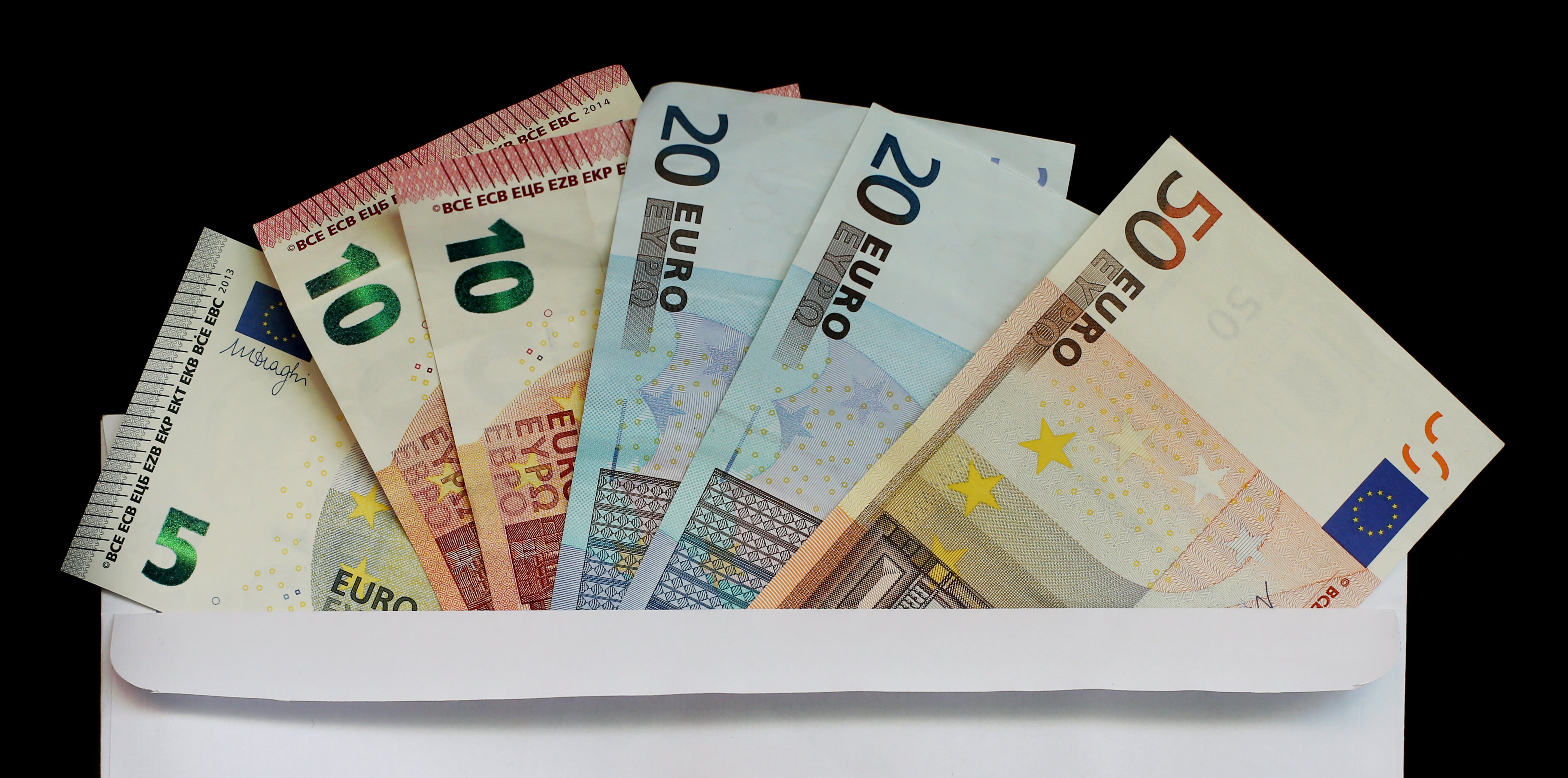Ireland’s tax receipts surge to highest ever level at 68.4 billion euro
Consumer spending and an increase in wages helped bolster the tax figures.

Government tax receipts surged to their highest ever level last year at 68.4 billion euro, reducing the Exchequer deficit down to 7.3 billion euro.
The Minister for Finance Paschal Donohoe said that a more rapid than anticipated recovery in the domestic economy led to tax revenues increasing by almost 20% compared to 2020.
It is the highest recorded tax yield, and more than nine billion euro more than the previous highest figure in 2019.
Consumer spending and an increase in wages helped bolster the tax figures.
The Department of Finance said that Ireland now gets one euro out of every 4.50 euro collected in overall tax revenue.
Figures from the department show an Exchequer deficit of 7.4 billion euro, an improvement of just under five billion euro compared to 2020.
Chief economist at the Department of Finance John McCarthy said that total spending for last year amounted to around 105.5 billion euro.
Capital spending amounted to almost 10 billion euro, an increase of around 3% compared to 2020.
“Some 90% of the increase in tax revenue comes from three tax heads,” Mr McCarthy said.
Overall, we are now borrowing less than we were last year.
“VAT is up by three billion, corporation tax is up by 3.5 billion and income tax came in at over 26.5 billion, an increase of four billion.”
He said the drivers of these figures stem from employment levels and wages.
“We have seen very strong employment and wage growth in the likes of the tax rich sectors, so ICT, pharma, life sciences,” he added.
Corporation tax soared by almost 30%, and is now the country’s second largest revenue in the state.
Minister for Finance Paschal Donohoe: “Overall, we are now borrowing less than we were last year.
“We’re borrowing less than we expected we would be borrowing on budget day.
“This is happening because we are seeing the domestic economy that has recovered quickly despite the many challenges that we have with public health and due to the very hard work of all who were involved in our economy, combined with the economic supports that we have in place across 2021.
“The second thing that is driving these figures is clearly the very strong performance of the internationally trained part of the Irish economy.
“With the very large employers, who play a very significant role in the protection and growth of employment in our country across 2021, continue to play a really big part in contributing to our tax receipts, and in particular an increase in corporate tax performance for Ireland in 2021.”
He added: “However, as we acknowledge many positive trends in our tax figures, we’re also aware that our economic and budgetary outlook, continues to be uncertain.
“We’re all aware of the impact of the Omicron variant and the impact that the reintroduction of public health restrictions has had on our economy.
We have seen very strong employment and wage growth in the likes of the tax rich sectors, so ICT, pharma, life sciences.
“This in turn has necessitated further governments are working to protect incomes, protect employment, and to support businesses. The government and I have been clear that there will be no cliff edge to be supports.”
Minister for Public Expenditure Michael McGrath said the largest single spending was in social protection, at just over 30 billion euro.
More than a quarter of that amount, 8.6 billion euro, was spent on the Employment Wage Subsidy Scheme and the Pandemic Unemployment Payment.
“In, total across all government departments, Covid-related spending in 2021 came in at over 13 billion euro, bringing to 30 billion euro the extra Covid spending since the onset of the pandemic in early 2020,” Mr McGrath added.
Subscribe to Independent Premium to bookmark this article
Want to bookmark your favourite articles and stories to read or reference later? Start your Independent Premium subscription today.
